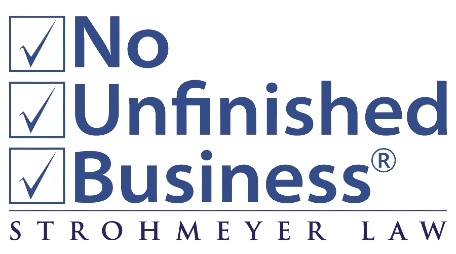Can Charitable Donations Help Reduce Estate Tax?
Charitable donations can make a meaningful impact and potentially save you on estate taxes. We’ll explain how the two relate.
Charitable donations can serve both a moral and financial purpose. For those considering leaving a part of their wealth to charitable causes upon their passing, there’s a dual benefit: making a meaningful impact and potentially saving on estate taxes. Here’s a deeper dive into how the two relate.
Understanding Estate Tax vs. Income Tax
The federal estate tax and income taxes are calculated differently. Each has its own rules, especially when considering deductions related to charitable giving.
- Income Tax Charitable Deduction: It can be complex to determine exactly how much tax you’ll save by making a charitable donation.
- Estate Tax Charitable Deduction: Simpler in comparison, the amount you donate to charity results in a direct, dollar-for-dollar reduction in your gross taxable estate.
The Power of Charitable Deductions on Estate Tax
To put things into perspective, consider an estate worth $20 million. If you die in 2023, with a full lifetime exclusion of $12.92 million available, then $7.08 million of your estate will be exposed to the estate tax. 40% of this amount, roughly, will be taxable, resulting in an estate tax of about $2.8 million.
However, by incorporating charitable gifts into your estate planning:
- Dollar-for-Dollar Reduction: If your $20 million estate has a $5 million charitable bequest, you receive a $5 million deduction. This means only $15 million is exposed to estate tax, lowering your taxable amount significantly.
- Eliminating Estate Tax: By donating the necessary amount to charity (in this case, $7.08 million), you could eliminate estate tax entirely.
Schedule a free consultation with Strohmeyer Law to protect your family with an estate plan.
Anticipating Future Changes
While charitable donations can reduce or even eliminate estate taxes, it’s important to consider future implications. If, as expected, the exemption amount drops to $6.8 million in 2026, the charitable gift required to completely offset the estate tax increases substantially. In the example given, the necessary donation amount would jump from $7 million to approximately $13 million. Depending on one’s commitment to a charity, this may or may not be a concern.
Conclusion
Charitable deductions indeed offer a potent method to reduce or nullify estate tax. However, it’s essential to remember that these deductions translate to substantial gifts to charities. Always ensure that you’re completely comfortable with and committed to your chosen charitable contributions while planning your estate.
End-of-Year Strategies for Irrevocable Gifting Trusts
As the year draws to a close, there are some crucial actions to take with an irrevocable gifting trust.
What to Do If You Receive an IRS Letter
Receiving a letter from the IRS might send shivers down your spine. So what's your first step? Is it always a cause for alarm? Let's walk through what you should do.
Why You Need a Trademark
We'll explain the the four main areas of intellectual property for business owners, why trademarks are crucial, and how to get your marks registered.





